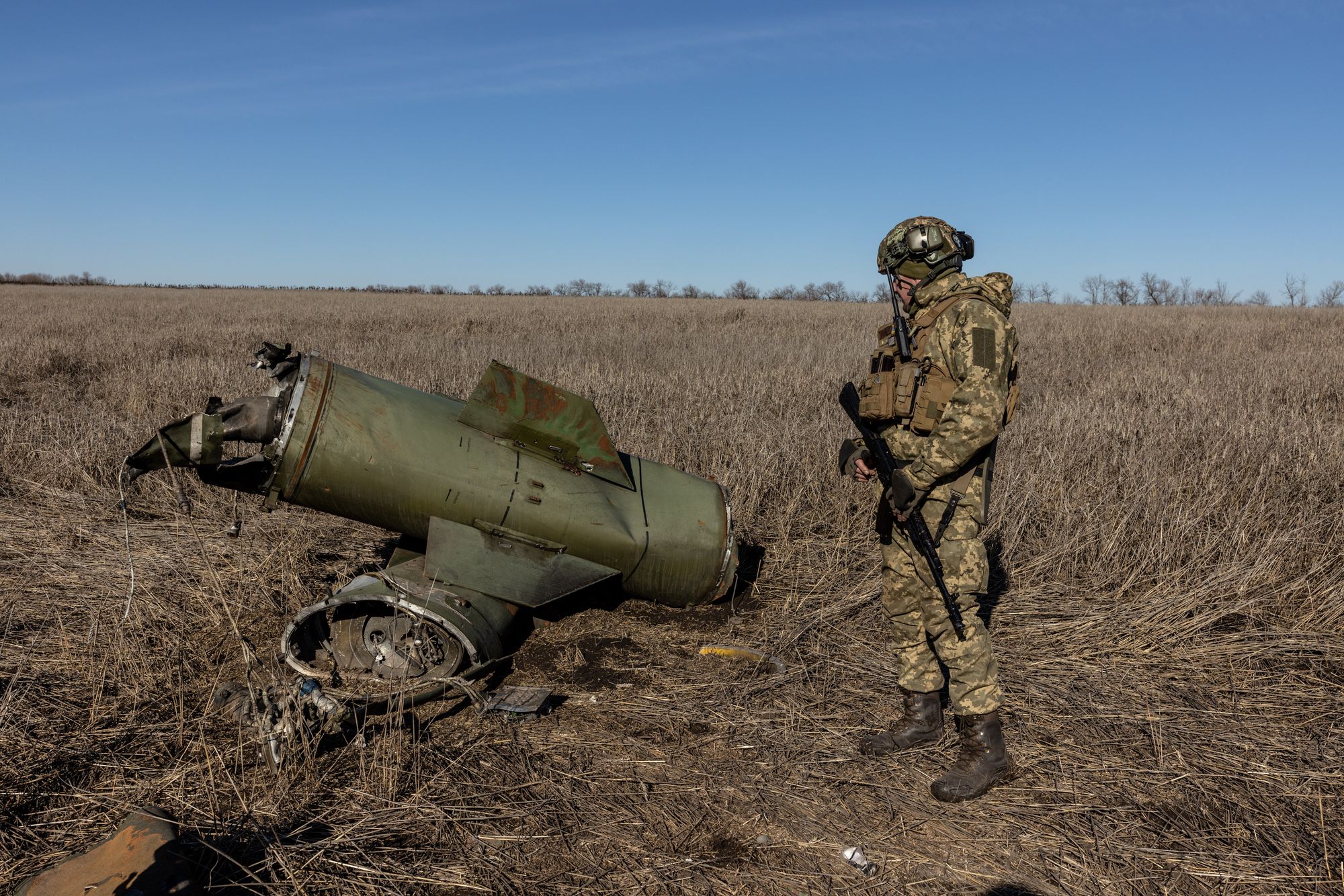US indicts 7 individuals, 3 companies for allegedly transporting dual-use technology to Russia

A U.S. court indicted seven individuals and three companies for their alleged role in the transportation of dual-use technologies to Russia, according to a press statement released by the Department of Commerce's Bureau of Industry and Security (BIS) on Nov. 7.
The individuals and companies named, whose addresses are listed as being in the U.S., Russia, Canada, and the United Arab Emirates, were involved in a complex, multi-national scheme to export U.S.-produced electronic components to Russia, the BIS claimed.
The list includes H Brothers Group Inc., SN Electronics, Inc., and Suntronic F.Z.E, as well as Nikolay Goltsev, Salimdzhon Nasriddinov, Kristina Puzyreva, Oleg Zenchenko, Yekaterina Vetoshkina, Pavel Chernikov, and Vladimir Bochkarev.
The suspects received a number of charges, including smuggling, unlicensed export, and filing false reports. Their export privileges were also suspended pending the results of the case.
These components could be used in the manufacturing of precision-guided weapons produced by Russia's military-industry complex.
The scheme allegedly operated through two businesses registered in New York, which were used at the direction of procurement agents in Russia to purchase the materials and ship them through third-party countries to obfuscate that their final destination was Russia.
Some of the recipients in Russia included companies affiliated with the Russian military, the BIS said.
Electronic components shipped through the companies match the model numbers of parts in a variety of Russian weapons systems found in Ukraine, including Ka-52 helicopters, T-72B3 tanks, and Orlan drones, court documents showed.
The scheme allegedly made hundreds of shipments to Russia that totaled over $7 million.
Despite sanctions, Western-produced components have continued to flow to Russia, ending up in missiles and other weapons used to attack Ukraine. They are often exported through third-party countries.
Bloomberg reported on Oct. 31 that the European Union is considering passing a 12th round of sanctions, which in part aims to target Russia's ability to circumvent sanctions.
Although previous sanctions packages have also tried to block sanctions circumvention, there are still numerous loopholes.











